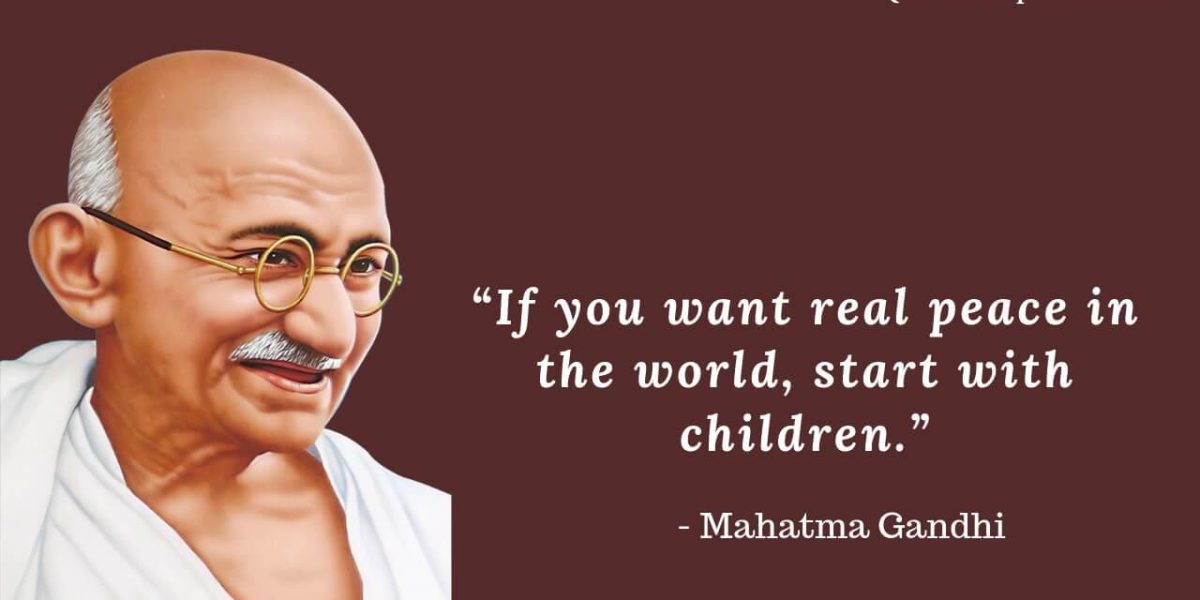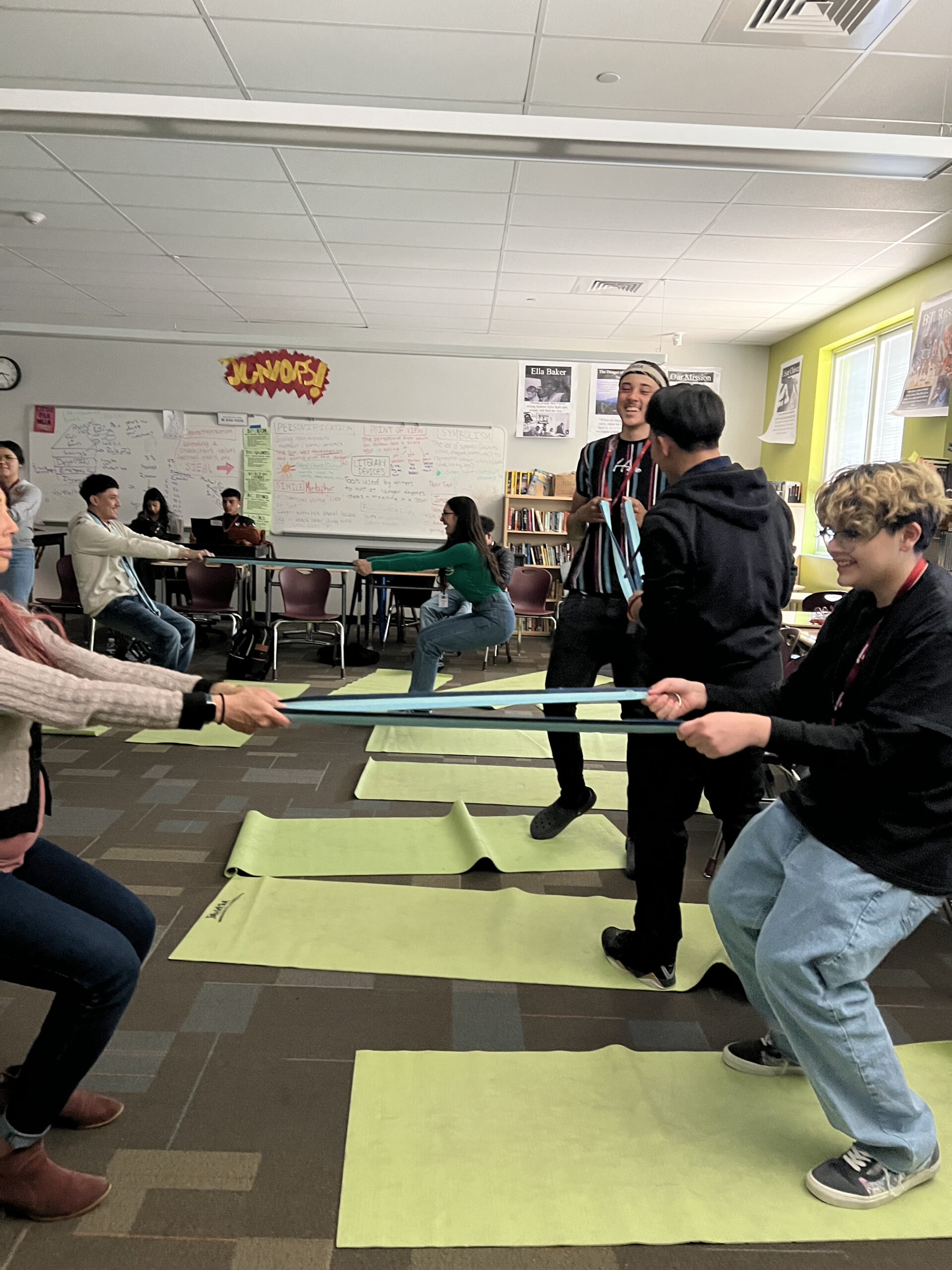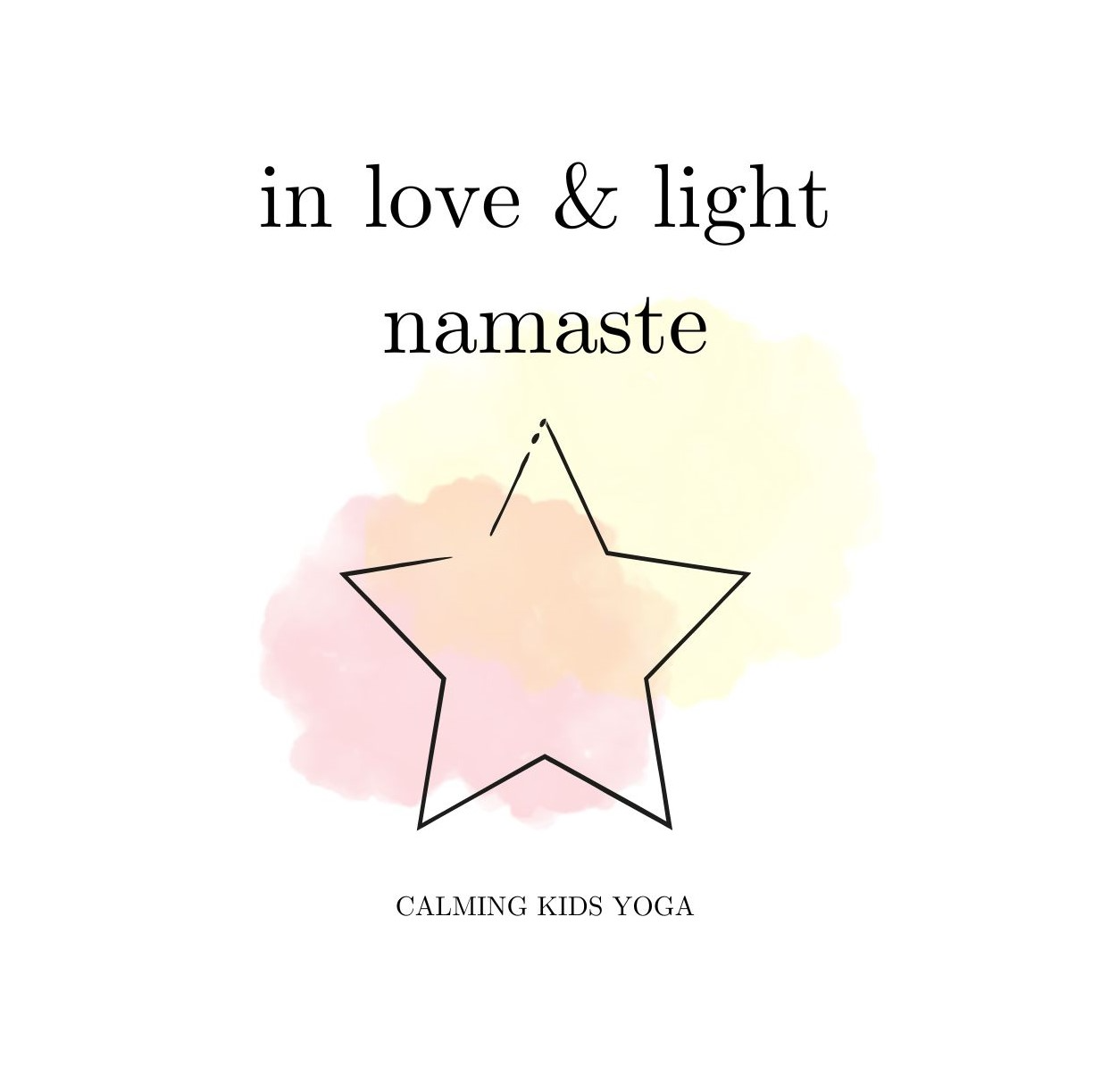CALMING KIDS (CK): Creating a Non-Violent World was founded on the principle of AHIMSA, which means respect for all living things and avoidance of violence towards oneself and others. CK believes that fostering peace by training young people in techniques proven to promote harmony, nonviolence, and positive interactions will eventually phase out violence from our world. October is Non-Violence Month, and it is kicked off by the UN International Day of Non-Violence on October 2, which is Mahatma Gandhi’s birthday. For Gandhi, AHIMSA meant non-injury, nonviolence, non-harm, the renunciation of the intention to hurt any living thing, the abstention from hostile thought, word or deed, and compassion for all living creatures. Gandhi said, “Nonviolence is the greatest force at the disposal of mankind.”
CK promotes nonviolence in young people, but it was inspired by violence perpetrated by and against young people – the 1999 shooting at Columbine High School in Colorado. Our children are a barometer for the health of our world, and CK’s primary goal is to promote a positive, peaceful attitude leading to calm and effective communication among members of the school community. Since 2004, CK has impacted countless students, teachers and schools, sharing this “greatest force” that Gandhi spoke of with the people who will lead the next generation.
As we enter Non-Violence Month, you might contemplate ways that you are promoting harmony through the things that you think, speak and do. When you have an impulse to speak with anger, can you pause, breathe, and remember your intention to refrain from hostile thoughts, words, and deeds? What happens in your own body and mind when you think about speaking or acting in a way that would harm another being? And how can you practice AHIMSA – compassion – towards yourself? Black Elk said, “All things are our relatives; what we do to everything, we do to ourselves.” Perhaps in that brief moment of awareness before word or action, we can remember that if we think, speak or do something harmful to another, it very likely will bring harm back to us. It is especially obvious when it involves our spouse, child or student, and perhaps less so with a stranger, but the harmful impact on ourselves is just as real.
Martin Luther King Jr, who firmly believed in nonviolence as a means for social change, said, “Nonviolence is absolute commitment to the way of love.” This month, practice your commitment to the way of love…even and especially when that is difficult. Let the “greatest force at the disposal of mankind” give you the power to be the change you wish to see in the world.
And see HERE for a free lesson plan on bringing non-violence and communication skills to young people!





